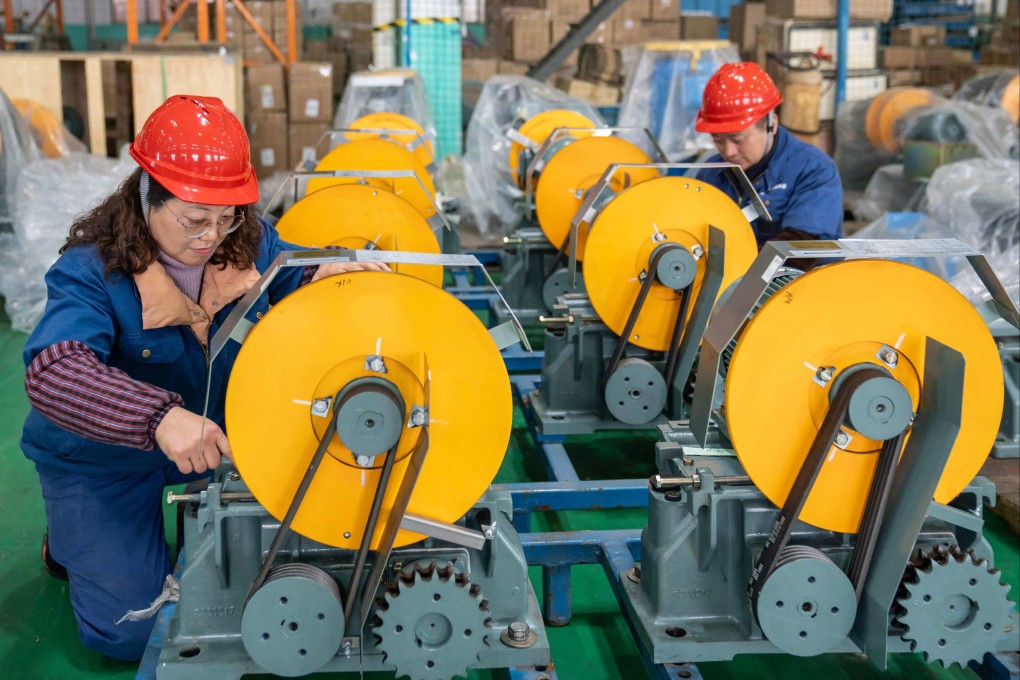Explainer | China’s low inflation set to be ‘long-term phenomenon’: 4 takeaways from March’s data
- China’s consumer price index (CPI) grew by 0.1 per cent in March year on year, although analysts said it was still ‘trending upwards’
- Producer price index (PPI) fell for the 18th month in a row, dropping by 2.8 per cent in March from a year earlier

1. Risk of deflation remains as CPI drops
The CPI index had marked a first rise in six months in February, having expanded by 0.7 per cent.
“China’s CPI inflation dropped to 0.1 per cent from 0.7 per cent last month. This indicates that China still faces the risk of deflation, as domestic demand remains weak,” said Zhang Zhiwei, president and chief economist at Pinpoint Asset Management.
Analysts at Capital Economics said while CPI inflation rose less than expected in March, it was still “trending upwards”.
“We think an easing of food price deflation and the ongoing modest economic recovery will support a slow reflation in the near term. But persistent oversupply will likely keep inflation low, with CPI inflation to average only 0.5 per cent over the next couple of years,” they said.
Capital Economics said the main drivers in March were an easing of food price deflation from minus 3.4 per cent year on year to minus 2.7 per cent, and a pickup in energy price inflation from 0.3 per cent to 0.4 per cent.
“While the larger-than-expected decline is likely to stir discussion of deflation once again, it should be noted that non-food inflation remained solidly in positive territory at 0.7 per year on year,” said Lynn Song, chief economist for Greater China at ING.
